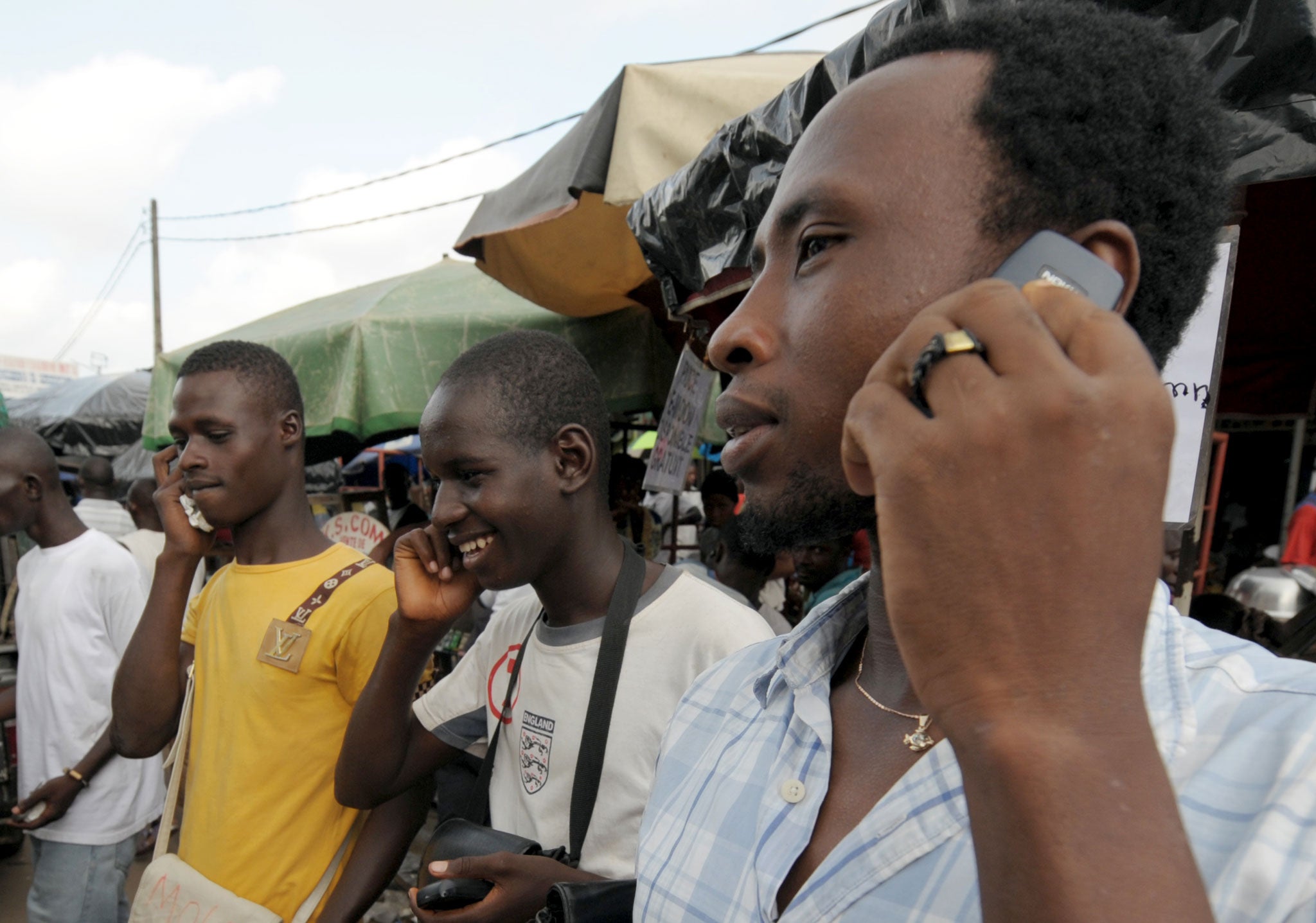For too long the West has been blind to Africa's true nature. Now, we risk being left behind
Turkey, France and Holland are building trade links with resurgent African nations


Recep Erdogan, the astute prime minister of Turkey, is on a tour of Africa. His entourage includes 300 business leaders from his rapidly growing nation, hungry for construction, energy, mining and agriculture deals in Gabon, Niger and Senegal, the countries they are visiting.
The huge delegation highlights how Turkey, one of the world’s 20 biggest economies, has become a global player in recent years. It also underscores the importance of Africa in the emerging new world order. This is why Turkey has opened 19 embassies across the continent in three years, helping it boost trade with sub-Saharan Africa tenfold in just over a decade. It aims to triple it again by 2015.
Turkey is far from alone. China led the way, attracting huge and often ill-informed controversy in its wake. It is being followed by Brazil, India, Malaysia, Mexico and South Korea, countries without colonial hang-ups which see the continent as a land of opportunity.
Contrast this with Britain. We have enduring historic ties with many African nations, alongside shared language, significant educational links and soft-power strengths in pop music and Premier League football. Yet we closed some diplomatic outposts – while getting a visa to visit Britain has become a costly bureaucratic quagmire for black Africans.
So as we agonise over our relationship with Europe and flail around in search of growth, we are losing out in a race to trade with emerging economic dynamos. Half a century ago, as Britain gave up its empire, we were sub-Saharan Africa’s biggest trading partner; today, we are less important than not only China and India but Germany, France and even Holland.
In Britain, the prevailing view of Africa is of a basket case in need of salvation, a land riven by hunger, poverty, war and disease. This corrosive image, so destructive to trade and tourism, has been fostered by a lethal combination of cash-hungry charities in tandem with governments desperate to show they cared by tapping into the Live Aid generation’s good intentions.
Britons have been bombarded with negative images of Africa: of babies sucking at dried-up breasts; of children with distended bellies and flies in their eyes; of blood-stained bodies beside the road; of old people withering away. We were told that complex issues could be solved by donating a few pounds. Much of the media, to its shame, went along uncritically.
The result is a myopic view of this immense, rich and amazingly diverse continent. One survey discovered that one in five Britons thinks it never rains in the home to some of the lushest habitats on Earth. Another found that almost half believe hunger to be the biggest challenge; in fact, the proportion of people in sub-Saharan Africa affected by famine averaged under three-tenths of one per cent between 1990 and 2005.
This is why for many Britons the idea of doing business in Niger, let alone holidaying on the lovely beaches of Senegal or Sierra Leone, is absurd. It remains the “Dark Continent” – a fetid swamp of fear and festering problems. People are scared to travel there, let alone trade. One City study found potential British investors overwhelmingly negative about the continent – while those doing business there were highly positive.
Now Oxfam, which played a key role in driving this dominant narrative, has issued what purports to be a mea culpa. It says it is time to shake off old stereotypes and celebrate the continent’s diversity – although it admitted that the reason for doing so was donors becoming immune to endless depressing images of starvation, drought and disease.
Go to the charity’s website and you are confronted with a patronising message to “make Africa famous for its epic landscapes” before urging you to hand over your cash to “help end hunger”. This is unsurprising. The leading lights in the ever-growing aid industry are very proficient marketeers, with their data-harvesting tricks and media manipulation. Many of Oxfam’s rivals remain hooked on hoary old clichés; just look at Save the Children’s recent advertising.
But at least Oxfam’s acknowledgment is a start – a belated admission of how its sector’s sins and salvation fantasies distorted our image of Africa. There are enduring problems there, of course, as in other places, of corruption and violence, of gut-wrenching poverty and grotesque political incompetence. Many will take international action to solve. Who, after all, sells the guns, funds the despots, launders stolen assets, and prevents fair trade?
The anachronistic obsession with aid, increasingly alienating the people it is designed to benefit, has blinded Britons to the modern realities of Africa. It is not just the advance in peace and prosperity, with startling stories of declining conflict, rapid urbanisation, record falls in infant mortality, and rampant growth levels. It is also about Nigerian investors buying assets in Britain, young Europeans searching for work in Algeria and Angola, and American firms seeking technological innovations in Ghana and Kenya.
One study found remittances now flow from Africa to Europe. The world is changing fast. Britain needs to put aside its arrogant assumptions, discard damaging old narratives, and engage with today’s reality. Otherwise, the losers will be found in London, Leicester and Liverpool, not those rushing into the future in Lagos, Luanda and Lusaka.
Join our commenting forum
Join thought-provoking conversations, follow other Independent readers and see their replies
Comments
Bookmark popover
Removed from bookmarks